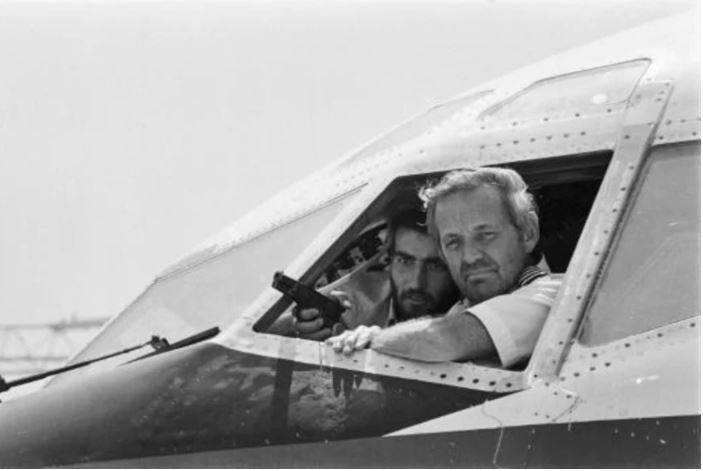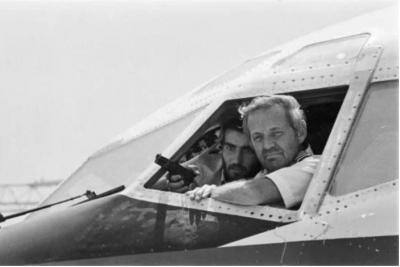Ali Atwi, a member of Hezbollah, who the United States accuses of being involved in the hijacking of TWA Flight 847 that lasted 17 days and resulted in the death of an American soldier, has died, according to a family member who spoke to AFP. The source, speaking on the condition of anonymity, stated that Atwi died from cancer, without revealing where he had been hiding for the past years or any additional details. Hezbollah mourned Atwi, describing him as one of its "faithful men" and a "martyr of jihad and resistance." The party announced that condolences would be received for his death on Saturday, with his funeral scheduled for 2 PM in the southern suburb of Beirut, a significant stronghold of the party.
The United States had previously offered a reward of up to $5 million for information leading to Atwi's capture, charging him with "conspiracy to commit air piracy and hostage-taking, interference with the crew of an aircraft in flight, and placing a bomb on board." On June 14, 1985, the longest hijacking operation in aviation history began with TWA Flight 847. After taking off from Athens bound for Rome, the aircraft was hijacked by two Lebanese men, later identified as Hezbollah members, named Mohammad Ali Hamadeh and Hassan Izz al-Din, who forced the plane to change its course to Beirut.
The plane had a crew of eight and 143 passengers, including 85 Americans and the famous Greek singer Demis Roussos. The hijackers demanded "an end to American practices in the Arab world" and the release of all "Arab prisoners in Israeli jails." At the time, Lebanon was experiencing a civil war and Israeli occupation in the south of the country. The hijackers forced the pilot to fly to Algeria twice, where several hostages were released. Upon the plane's first return from Algeria, the hijackers executed Marine Sergeant Robert Stethem (24 years old) with a bullet to the head after beating him and left his body on the airport tarmac.
Greek police had previously arrested Atwi at Athens airport before he could board Flight 847 and sent him to Algeria. The plane returned for the third time to Beirut, remaining at the airport while intensive negotiations took place. Nabih Berri, the leader of the Amal Movement and the Justice Minister at the time (current Speaker of Parliament), took charge of the situation and helped transfer most of the hostages to various places of detention. Hostage releases occurred in batches, with the last one on June 30.
Hamadeh, one of the main hijackers, was arrested two years after the incident in Frankfurt for transporting explosives and was sentenced to life in prison. He was released in 2005 after spending 19 years in a German prison and remains wanted by the FBI. Izz al-Din has not been found to this day.




